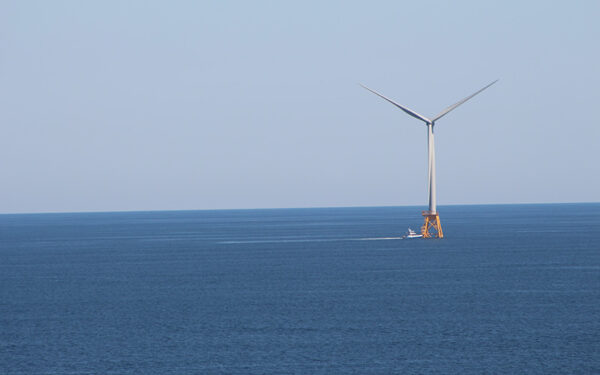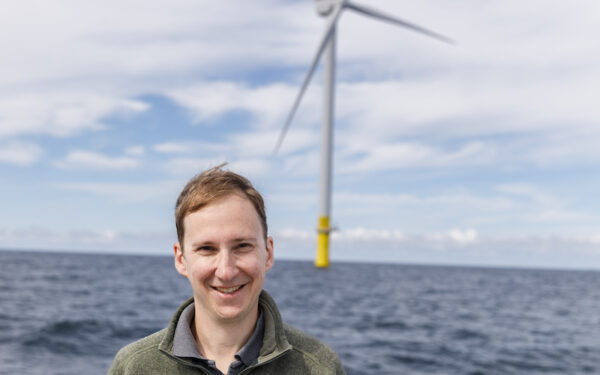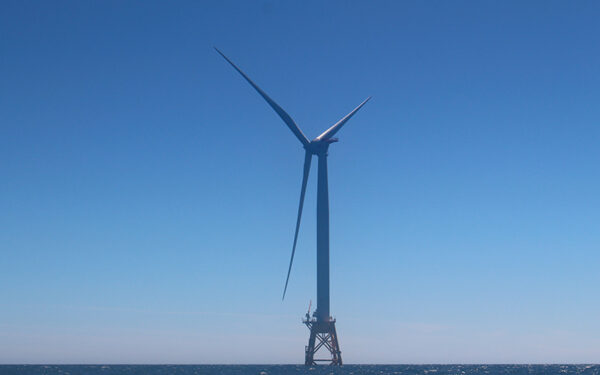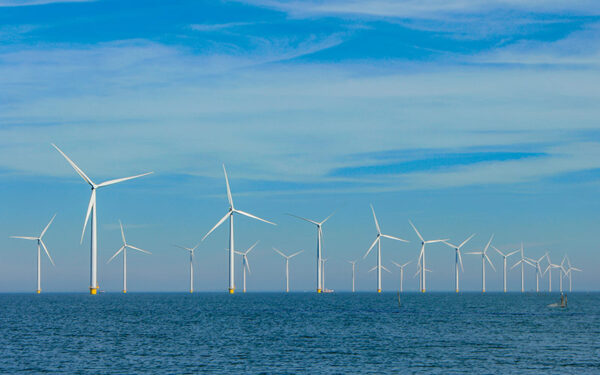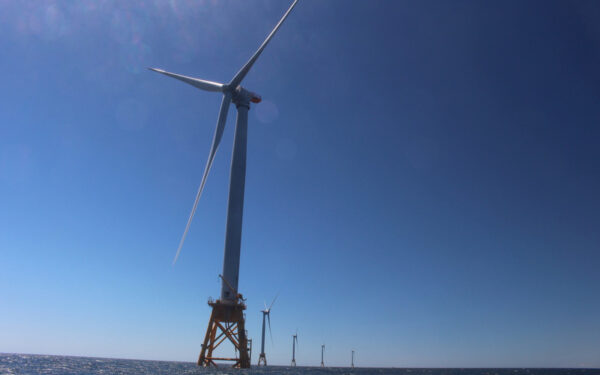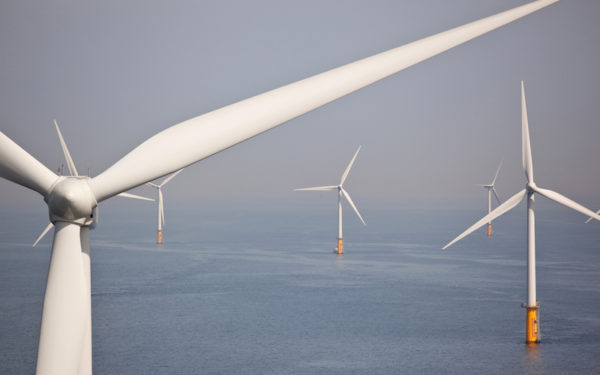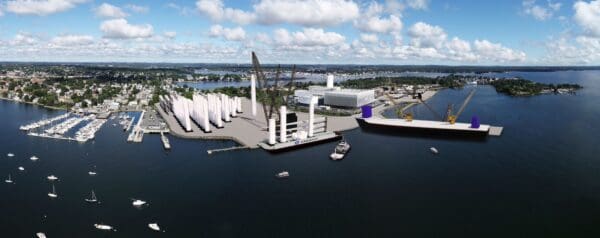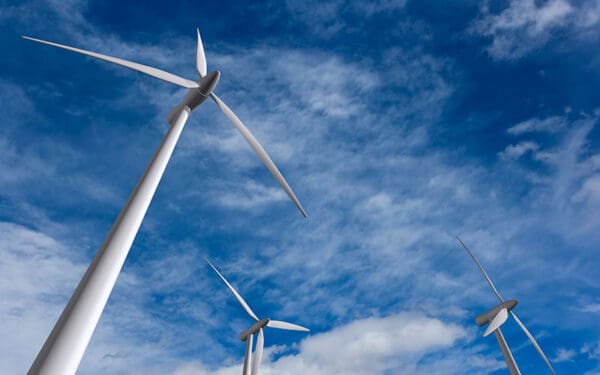Feb 27, 2025
The Trump administration is working to roll back environmental justice protections like Justice40 and Title VI – but can they really do that? Undoing these policies won’t be easy, but their strategy goes beyond legal challenges. Learn how communities can fight back against these attacks on clean air, safe water, and environmental equity.
Feb 03, 2025
Regardless, we’ll fight to keep offshore wind moving forward for the sake of cheaper energy and a healthier future.
Oct 18, 2024
I recently toured the South Fork Wind Farm off the coast of Rhode Island – and it affirmed that we can and are producing clean energy right now.
Sep 06, 2024
Massachusetts and Rhode Island announced plans to purchase more than 2,800 megawatts of clean energy from offshore wind projects that could power more than a million homes in the region.
Jul 24, 2024
The tri-state offshore wind projects could save New Englanders nearly $630 million in electricity bills annually.
Jul 11, 2024
CLF is fighting to develop offshore wind in the Gulf of Maine while protecting our natural resources and coastal communities.
Jul 03, 2024
Local anti-wind citizens’ groups are using pro-environment rhetoric to turn public opinion against offshore wind, a tactic borrowed from fossil fuel companies.
Jun 05, 2024
The Salem Harbor site where a coal-fired power plant once stood is slated to become a clean energy offshore wind port terminal in 2026, launching New England definitively into a clean energy future.
Apr 08, 2024
At least four developers have submitted proposed offshore wind projects from which Connecticut, Massachusetts, and Rhode Island will choose winners.
Jan 10, 2024
Don’t believe the disinformation. We can develop offshore wind and meet our renewable energy goals while protecting the marine environment.


